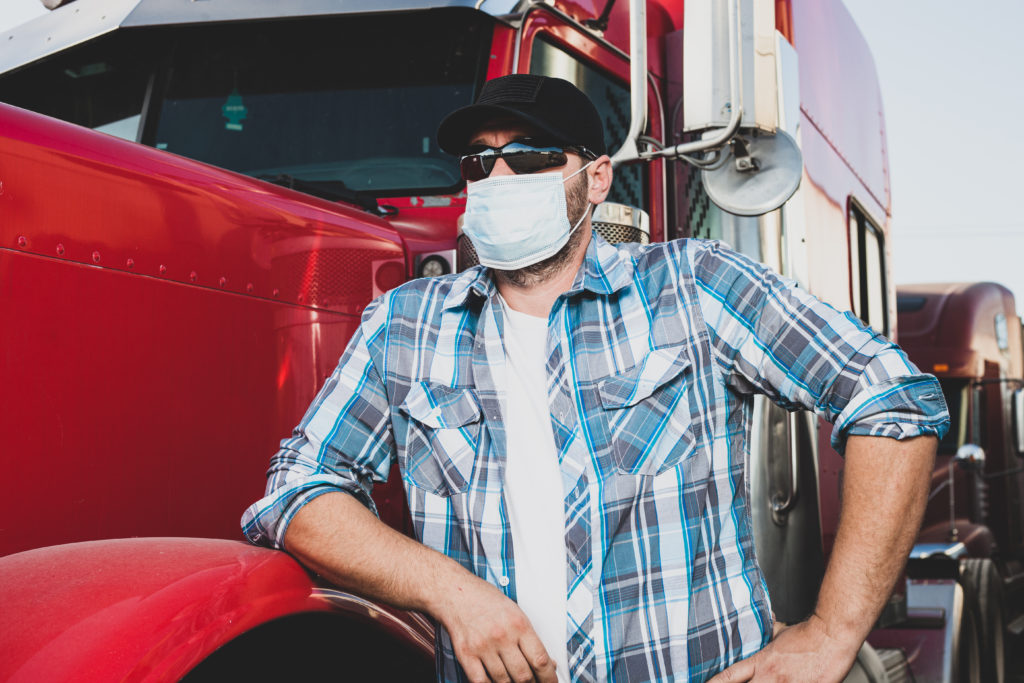Coastal states along the Atlantic have to begin preparing themselves for the hurricane season that comes with the summer months–and huge transportation companies in these locations are beginning to ready themselves for what could be potentially higher-than-average amounts of storm activity along the Gulf of Mexico and the Atlantic Coast.
For instance, Amazon.com Inc. has opened fulfillment centers in Atlanta that are currently serving as staging facilities for hurricane relief supplies and resources.
“Instead of us having to wait for disaster and ask the organizations what they need, and then procuring and packing them and then putting them on a plane, we’re doing all of that ahead of time,” said Amazon’s Global Accessory lead, Abe Diaz.
As of now, the company’s Atlanta fulfillment center is holding enough emergency supplies to fill up a 767 cargo airplane–around 500,000 emergency supplies–that will be sent out to the surrounding area when needed for relief efforts.
“Atlanta is going to be our storage hub where we have already bought, packed, and put on pallets the items we need to put on a plane or a truck to [take to] a disaster area, most likely [in the case of] a hurricane,” Diaz continued. “It usually took us a couple of days [to complete these efforts], and now we can do it in one.”
To be able to boost with their reach, Amazon has been collaborating with organizations like Direct Relief, the American Red Cross, the International Medical Corps, World Central Kitchen, Save the Children, and the International Federation of Red Cross and Red Crescent Societies. Because the city of Atlanta has two major north-south interstates running through its center and Interstate 20 and Interstate 285 running east-west (referred to as the Perimeter), Amazon chose this location for its supply center.
In addition, Atlanta is home to the always-bustling Hartsfield-Jackson International Airport, as well as many other trucking companies that can help with these relief efforts. Amazon has also expressed its intention to include more American cities in its natural disaster relief plans.
“Now, we have the items ready and we can put them wherever they need to be,” noted Diaz.
For UPS Inc., also based out of Atlanta, ensuring that all of its facility locations stay open during hurricanes is key in being able to focus on tropical storm relief efforts.
“We want to keep our facilities operating as long as we can and as [safely] as we can,” said UPS’ director of building and systems engineering, Rick Garcia. “When a hurricane comes along, the first thing you lose is power. We strategically place generators near our facilities, and it’s one of the main things we do. With generators, you need fuel, and we have fuel available to keep those generators running. Wherever we need those resources, we want to shift them as needed.”
Maersk, a global shipping company, is also alerting people to start gearing up for potentially hazardous summer storms. In fact, the company said over the last several years, tropical hurricanes have begun starting up earlier in the summer and have been occurring in increased amounts.
“With the global pressure seen on today’s supply chains, it is more important this year, perhaps than any in recent history, to plan ahead with suppliers and logistics service providers to put contingency plans in place as early as possible to mitigate the effects of seasonal climate risk,” explained the head of Maersk’s Special Projects and logistics branch, Rob Townley.
Maersk also plans to collaborate with groups like the Federal Emergency Management Agency in the case of natural disasters and seasonal storms, as well as with the Caribbean Disaster and Emergency Management Agency in order to help heavily-hit areas throughout the Caribbean nations to receive logistical support in regards to hurricanes and other major storms.
Luckily, weather forecasters are often able to track huge tropical storms at least a week in advance–a resource that has been incredibly helpful for many trucking companies to be able to more easily and quickly respond to these kinds of disasters.


